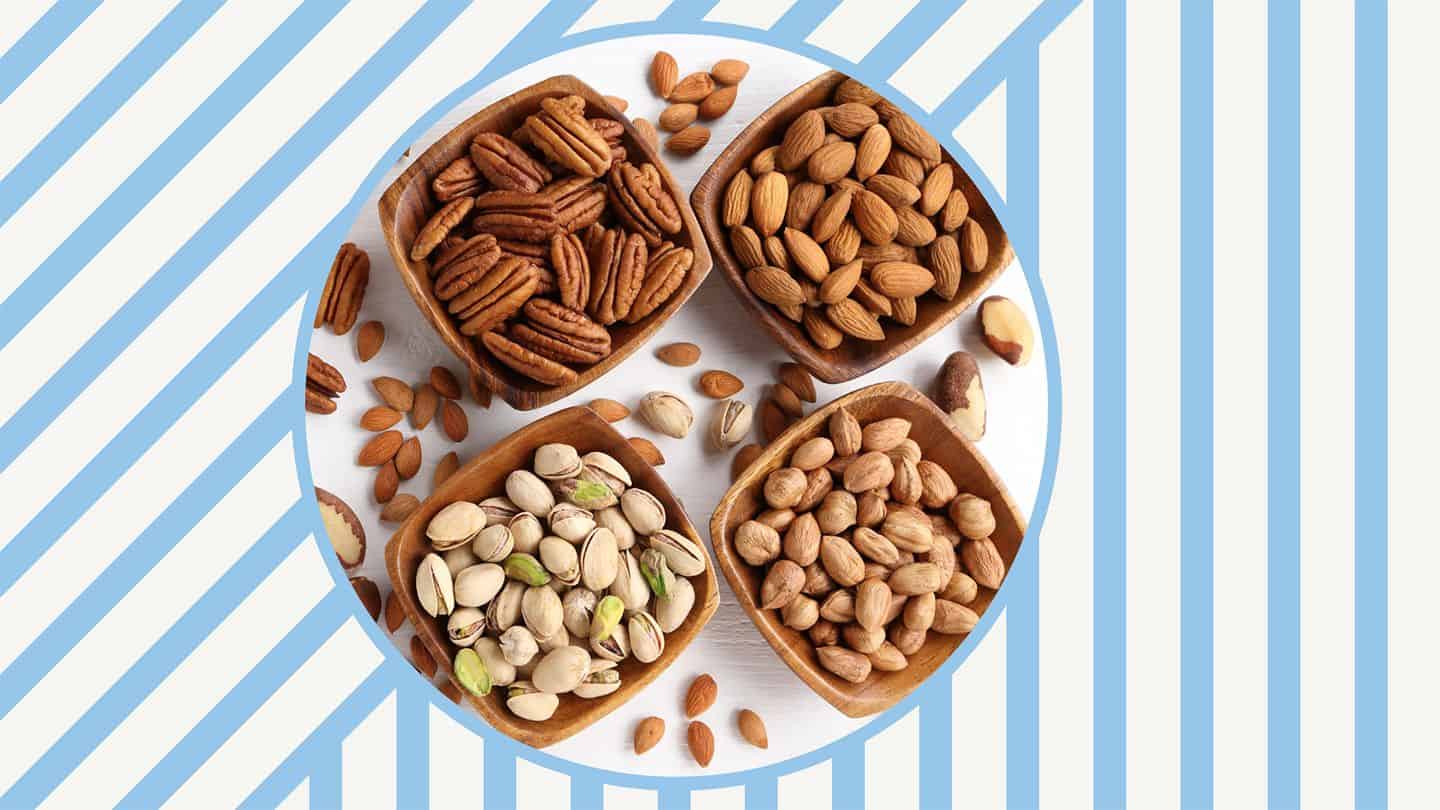Strong and healthy bones are essential for overall well-being and to prevent conditions like osteoporosis. The foods we consume play a pivotal role in ensuring our bones get the necessary nutrients they need to stay robust. Let’s explore some of the best food options for maintaining bone health.

- Dairy Products:
- Milk, Cheese, and Yogurt: These are rich sources of calcium, a vital mineral for bone health. They also provide vitamin D, which helps the body absorb calcium. Opt for low-fat or non-fat versions to get the benefits without the added calories.
- Leafy Green Vegetables:
- Kale, Spinach, and Broccoli: These veggies are not only packed with calcium but also contain vitamin K, which can help reduce the risk of osteoporosis. They’re also rich in antioxidants and other essential nutrients.
- Fish:
- Salmon, Sardines, and Mackerel: These fish are rich in omega-3 fatty acids and vitamin D. Both nutrients are crucial for bone health. The FDA recommends eating fish from the “Best Choices” list twice a week for optimal health benefits.
- Beans and Legumes:
- Lentils, Chickpeas, and Black Beans: These are excellent sources of magnesium and calcium. They also provide protein, which is essential for bone structure.
- Nuts and Seeds:
- Almonds, Chia Seeds, and Flaxseeds: These are rich in calcium and omega-3 fatty acids. They’re also a good source of protein and other essential nutrients.
- Fortified Foods:
- Cereals, Juices, and Tofu: Many foods are fortified with calcium and vitamin D in the USA. Check the nutrition label to ensure you’re getting these added benefits.
- Fruits:
- Oranges, Strawberries, and Pineapples: These fruits are not only delicious but also provide vitamin C, which plays a role in bone formation.
- Eggs:
- The yolk contains small amounts of vitamin D, which is essential for calcium absorption.
- Whole Grains:
- Brown Rice, Oats, and Quinoa: These grains are a good source of magnesium, a mineral that plays a role in bone formation.
Tips for Bone-Healthy Eating:
- Balanced Diet: Ensure you’re getting a mix of protein, calcium, vitamin D, magnesium, and other essential nutrients.
- Limit Sodium Intake: High sodium can cause the body to excrete more calcium, so it’s essential to watch your salt intake.
- Stay Hydrated: Drink plenty of water throughout the day.
- Limit Caffeine and Alcohol: Excessive consumption can interfere with calcium absorption.
Conclusion:
Building and maintaining strong bones is a lifelong process. The foods you eat play a crucial role in ensuring your bones stay healthy and strong. By incorporating the above foods into your diet and following a balanced lifestyle, you can pave the way for optimal bone health.





